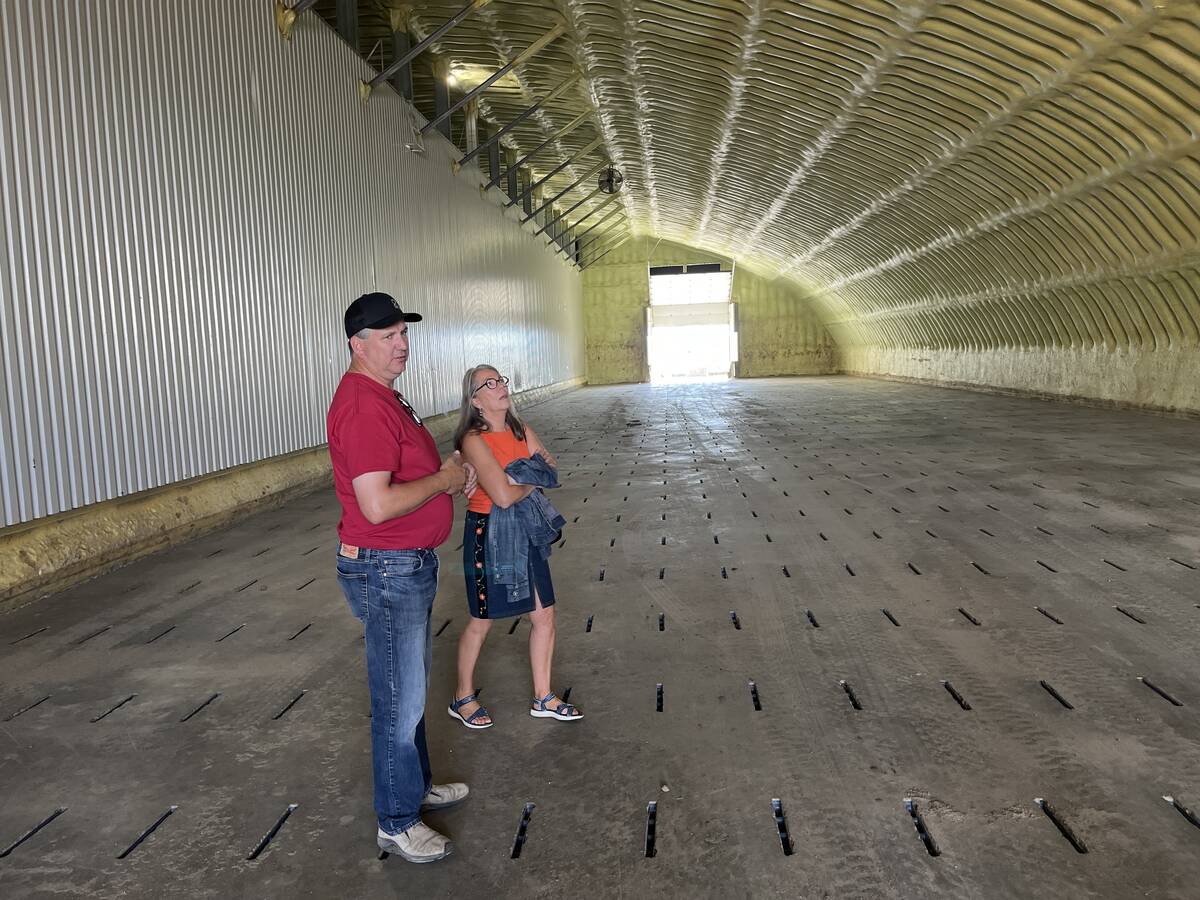Larger rural ridings | Commissioner says ridings would be too large for MPs to properly serve their constituents
A proposal from a non-partisan commission on how Saskatchewan’s federal electoral boundaries should be redrawn in time for the October 2015 election has ignited an intensely political battle in Ottawa.
It could lead to fiery Parliament Hill hearings this spring and the possibility that the Conservative majority could reject the report and send it back for revision.
At the core of the controversy is the issue of how to balance the growing populations in Saskatchewan’s major cities with the province’s rural residents.
In recent elections, the four seats in both Saskatoon and Regina have been a rural-urban blend that has seen rural votes counterbalance urban votes and several close Conservative election victories.
Read Also

Potato farm requires year-round management
The most recent Open Farm Day in Alberta showcased agricultural producers across the province educating the general public about the process that is required is to get food to their table.
The majority of the three-person electoral commission — justice Ronald Mills and University of Saskatchewan political scientist John Courtney — has recommended three strictly urban seats in Saskatoon, two in Regina and one blended rural urban seat in Regina.
It would mean two fewer seats for the cities. The remaining eight provincial seats would be large mainly rural ridings.
The third commissioner, Saskatchewan Association of Rural Municipalities president David Marit, filed an unprecedented minority report arguing for maintaining the tradition of blended rural-urban ridings.
Marit urged the parliamentary committee that will review the recommendations to reject the Sask-atchewan report and send it back to the commission for a compromise.
He has some MP support.
“I certainly will be presenting to the committee to argue it be sent back because this does not represent the views of local people,” Saskatoon-Humboldt Conservative MP Brad Trost said.
He expects committee hearings to be held in March. The new boundaries must be ratified by June.
Based on the 2011 census, the new national electoral map will include 30 new Commons seats from fast growing British Columbia, Alberta and Ontario suburban areas as well as a few additional seats in Quebec to meet historical rules about Quebec’s share of representation.
The Saskatchewan proposal is the most controversial. A similar suggestion a decade ago from a unanimous commission was killed in part be-cause rural ridings would become much bigger and unwieldy for MPs to service.
This time, the two majority report commissioners acknowledged that most provincial voter reaction was negative, but insisted that city voters should have some strictly urban seats because their interests no longer coincide with surrounding rural areas.
“Within cities, many who once lived on farms or in small towns or villages no longer have any connection to rural or agricultural life,” they wrote. “Residents who move from other parts of the country or the world have little understanding of Saskatchewan’s rural way of life.”
Marit rejects that argument.
He said in an interview that there still are commercial, family and cultural connections between the cities and their surrounding rural communities.
As well, the resulting rural ridings would be too large and disconnected to have any common interests. He lives in the Grasslands riding that under the new boundaries would take seven hours to drive across.
“How can an MP connect with his communities when there are those distances?” he said.
In his dissenting report, the longtime rural politician predicted that larger rural ridings with new boundaries and communities with little connection would discourage residents from voting in 2015.
“At a time when it is difficult to encourage voter turnout, changing the boundaries so drastically and causing voter confusion will only diminish that turnout.”
Longtime Regina Liberal Ralph Goodale has supported the proposed boundaries, but Marit said he hopes most MPs reject them.
Conservative MPs seem prepared to do that.
- Regina-Lumsden-Lake Centre:
- Regina-Qu’Appelle:
- Palliser:
- Wascana:
- Saskatoon-Wanuskewin:
- Saskatoon-Humboldt:
- Saskatoon-Rosetown-Biggar:
- Blackstrap:
















